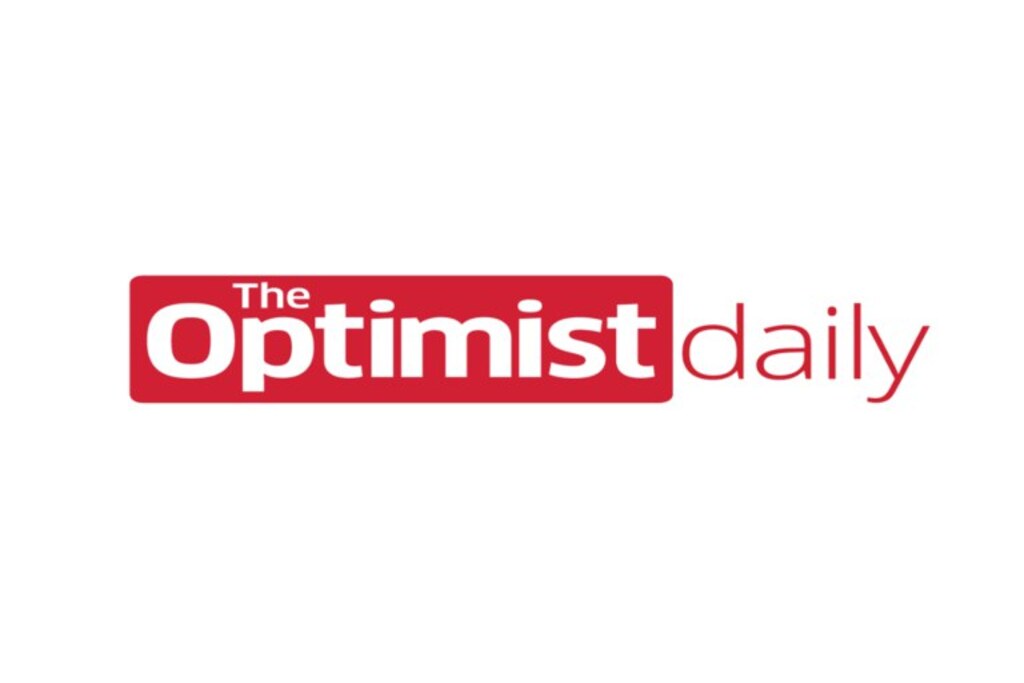Health
Finding good health news amidst a pandemic can be quite daunting. That’s not the case with The Optimist Daily, where positive news is in high supply. Our Health section covers the latest good news from the health sector, featuring solutions ranging from mental and physical health to immunity, nutrition, and cutting edge medical research.

WHO humbled by its mismanagement of the Ebola epidemic
Future health crises may benefit from the unwinding Ebola epidemic, after its mismanagement by the international community was widely acknowledged by all parties. The World Health Organization (WHO) has proposals in the work to build-up a rapid response team to react more swiftly to future Read More...

Pure water available instantly, anywhere
Imagine pulling out your water bottle and filling it up at whatever stream, pond or faucet you happen to find, then drinking it straight up without worrying one bit about your health. The miracle of instant safe water is now brought to you by Naked Filter, a technology that combines carbon elements Read More...

Flowers save the bee that saves our food
The decline of bumblebees is reversible, provided these cuddly-looking pollinators are provided with the correct environment to thrive, according to a groundbreaking two-year research study at the University of Sussex. For the first time, researchers demonstrated that reintroducing flowers in the Read More...

Sustainability on steroids: The future of organic—and the world—is here
Big news hidden in a small blog: This organic farmer is solving the drought problem in California and the food problem of the world while serving the health of the people and probably making more money than any other farmer in the US. He is not tilting the soil, capturing more CO2, and uses only Read More...

Reading problems? Go outdoors. The sun is the answer to short-sightedness
Short-sightedness—myopia—is reaching epidemic proportions. Decades ago education seemed the culprit—too much reading. Then scientists blamed the computer. Reading more or spending more time at the computer should then lead to more myopia. However, studies showed it didn’t. New research Read More...

Breastfed babies perform better later in life
People who had been breastfed are more intelligent, spent longer at school, and earn more than those who had not been. The longer they were breastfed as a baby, the better they were doing. Those are the results of a major study from Brazil, studying participants over three decades. The study, of Read More...

Older brains perform better than you think
In our youth-obsessed culture, it sometimes seems that aging has become synonymous with mental decline. A new paper is challenging the idea that getting older means a slower, weaker brain. It appears that elements of social judgment and short-term memory—long viewed as abilities that peak in our Read More...

Breaking Monsanto: Saving the earth with environmentally friendly pesticides--mushrooms
This story is not new, but some stories need to be told as often as possible. Pesticides destroy the environment and our health. But they are still very much in use, because companies—like Monsanto—make billions selling them. Unhealthy business. However we don’t need chemicals to Read More...

Doctors who lie help patients heal faster and live longer
Research has shown it time and again: Fake medicine works on the body because the mind believes it’s working. That’s the famous placebo effect. Now scientists are discovering that a doctor’s words also affect our biology. When doctors convey bad news—“you’ve only so many months to Read More...

Vegetarian diet lowers colon cancer risk
A vegetarian diet may cut your risk of colorectal cancer by 22%. For vegetarians who eat fish that risk decreases even further: 43%. These are findings from a study by the Loma Linda University in California that involved more than 77,000 adults. Other studies have linked eating red and processed Read More...


